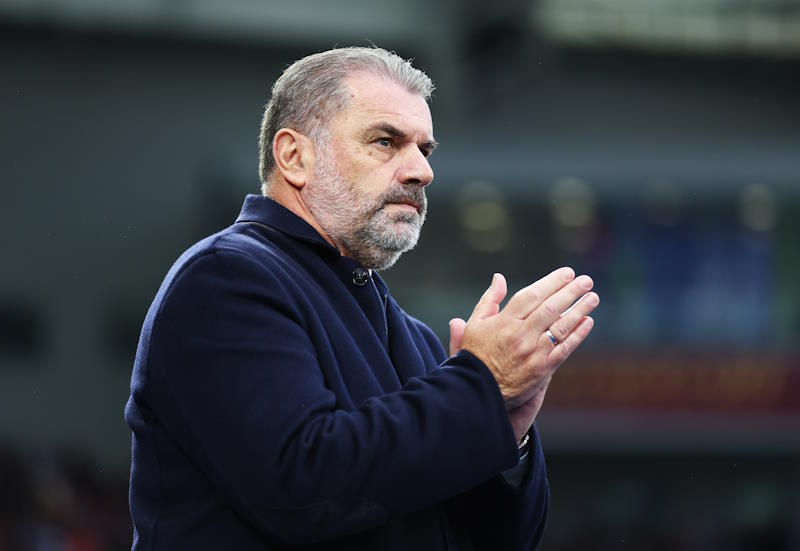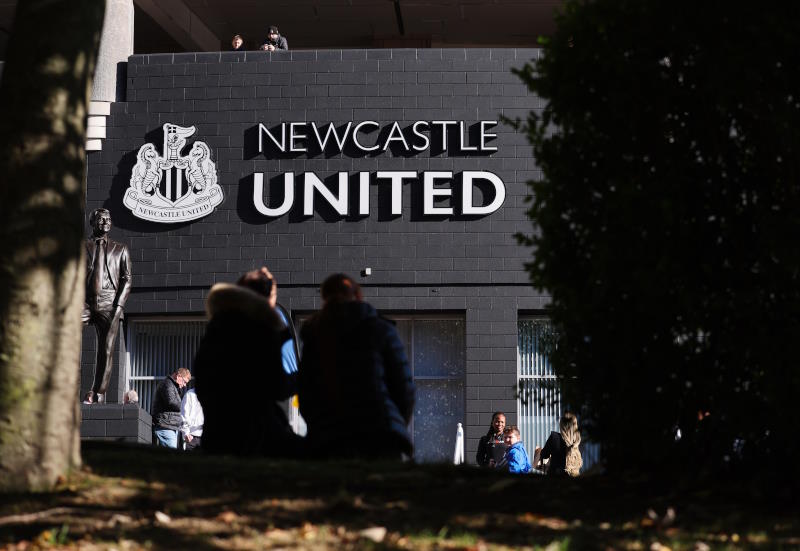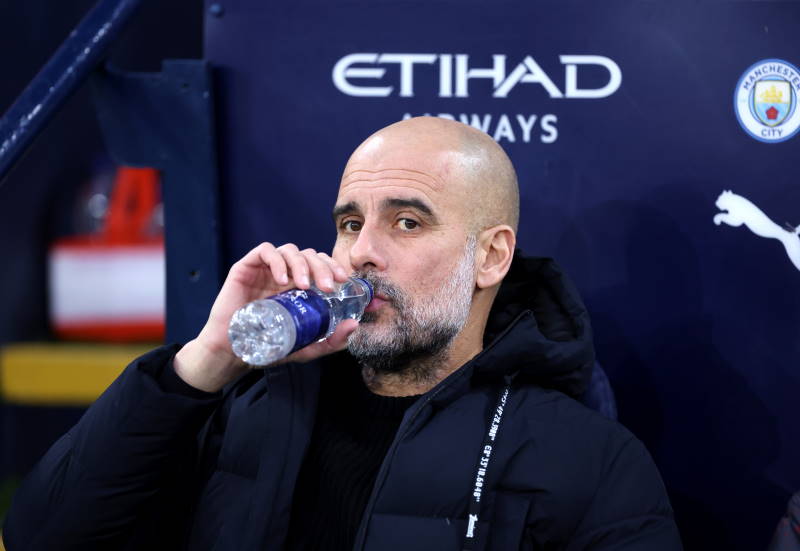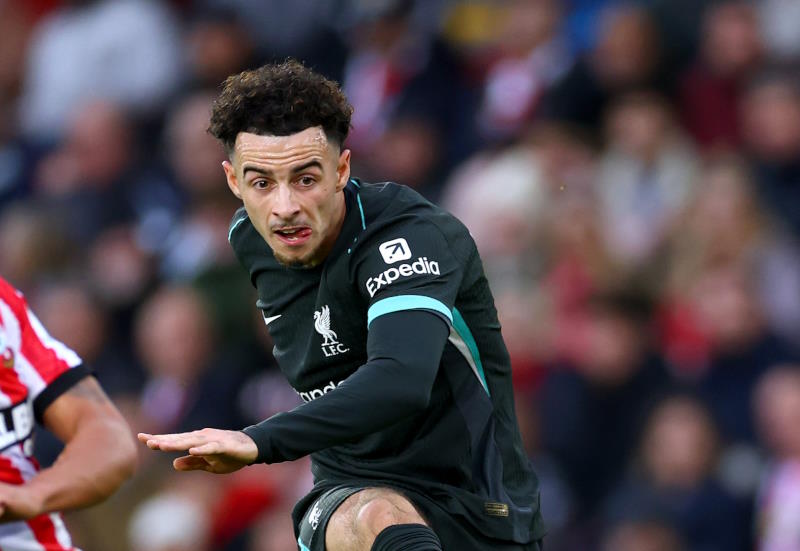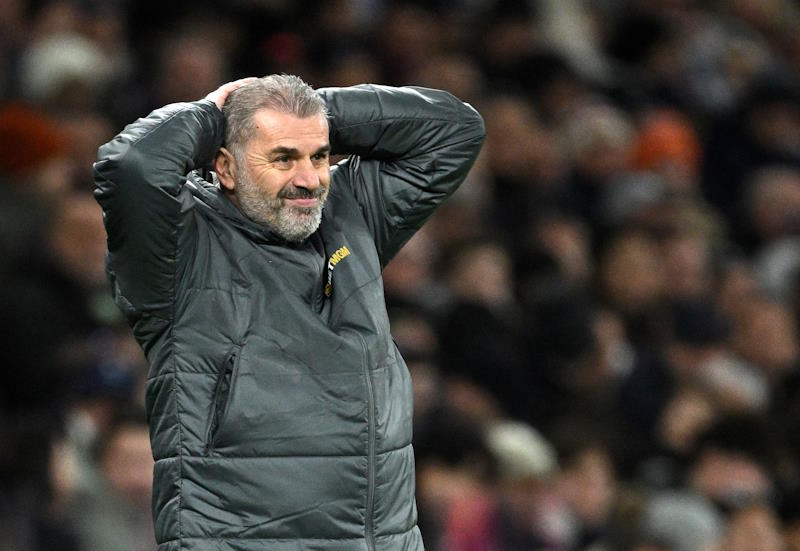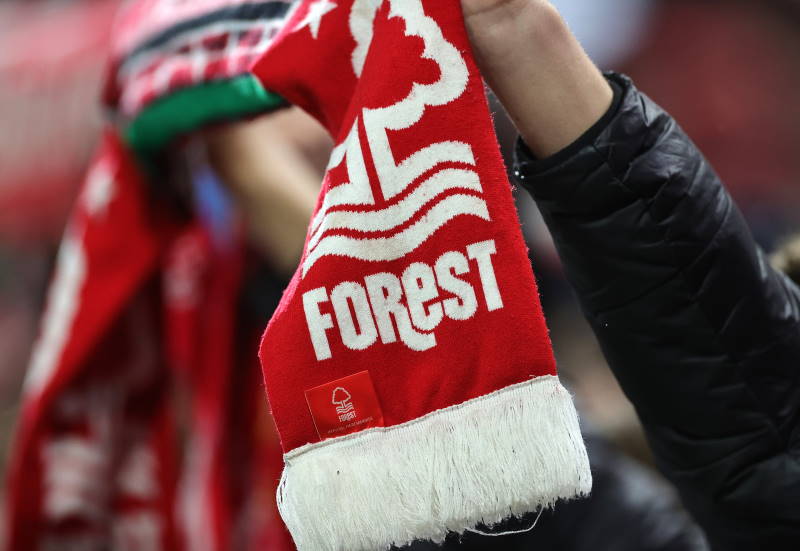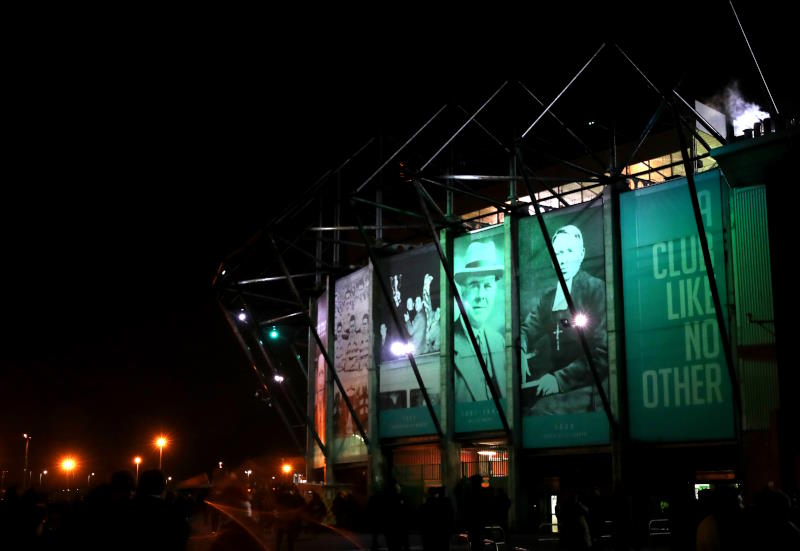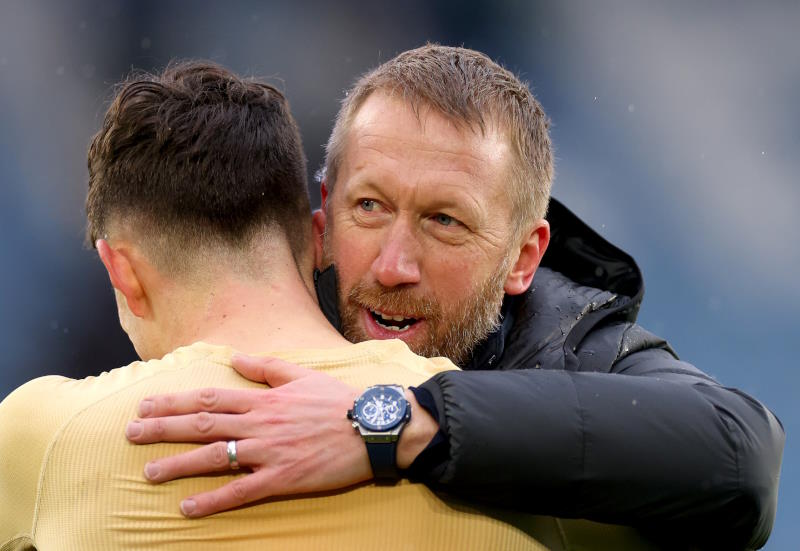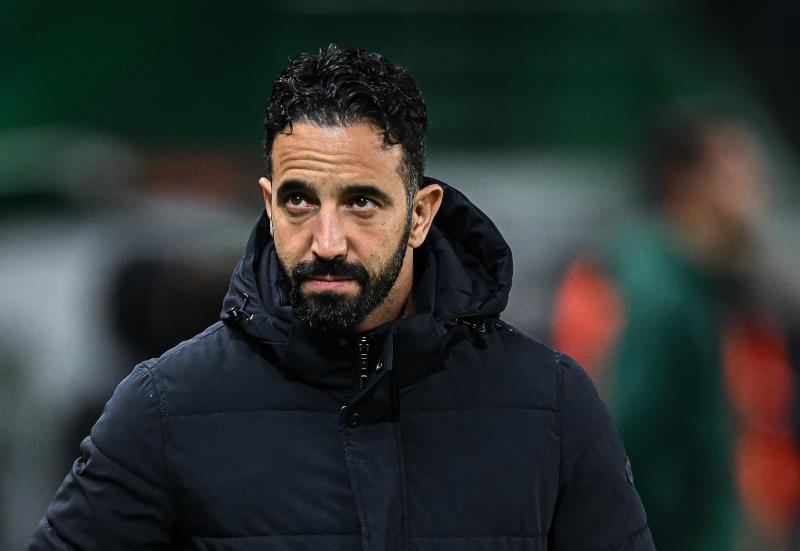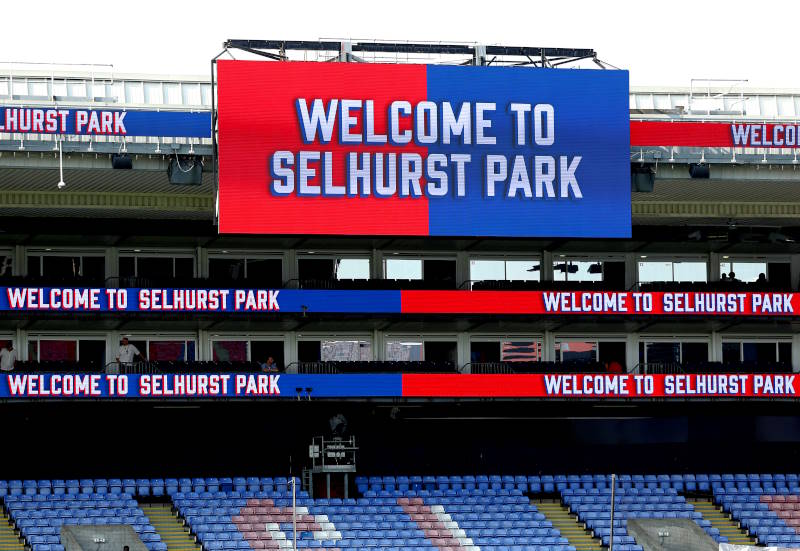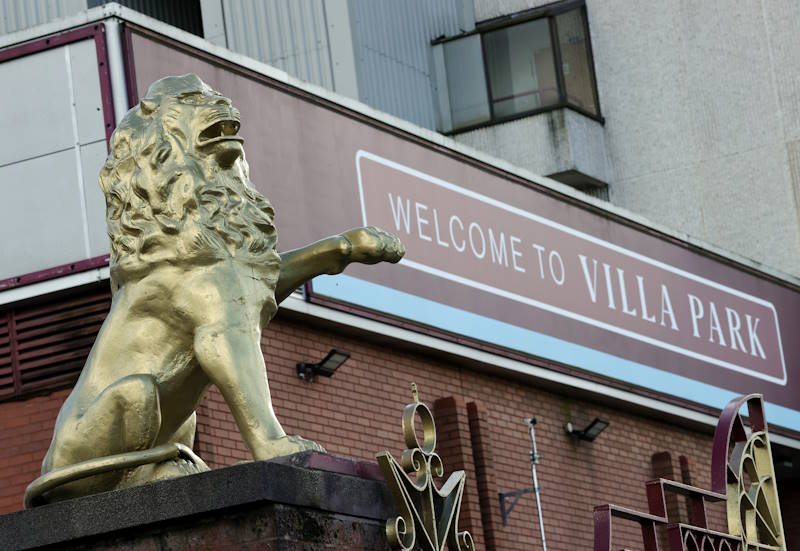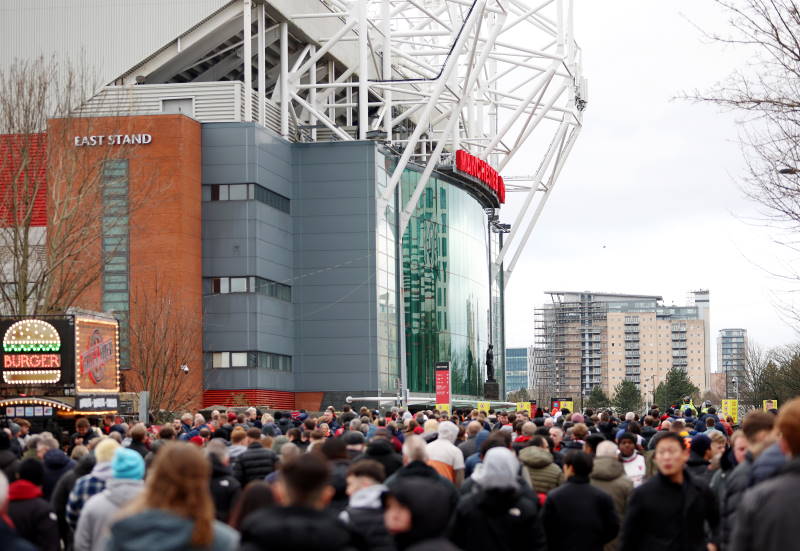
Anthony Hudson
In a new series for Inside Futbol, respected young coach Anthony Hudson will analyse key games and training methods, reporting on his experiences and observations of the professional game. Anthony became the youngest professional football manager in the United States when taking Second Division side Real Maryland FC to the 2009 Playoffs and was nominated for Coach of the Year at just 27 years old. He has written for several coaching publications and is currently spending time at Tottenham Hotspur under the watchful eye of Harry Redknapp.
Here Anthony, who was present as Chelsea played Spartak Moscow in the Champions League last Wednesday, analyses the game and brings us a tactical breakdown of where Spartak went wrong and where Chelsea went right.
Chelsea v Spartak Moscow
3rd November, 2010
7.45pm Kick Off
Stamford Bridge
The Next Game has Already Started…
Chelsea’s home Champions League game against Spartak Moscow started as soon as the whistle went two weeks ago in Russia and I can’t help but feel that the Spartak manager’s post-match words may have affected his team in an adverse way, ‘It was already obvious before the match that Chelsea were individually better, but primarily we lost the game psychologically.’ said Valeri Karpin. Well, if it was a psychological response he wanted, unfortunately he didn’t get it as the Russians, who sit fourth in their country’s Premier League, seemed to be beaten as soon as they got off the bus at Stamford Bridge.
Spartak have some excellent players, some real talent, and I just wonder what a different approach to this game would have done, say with someone like the Blackpool manager Ian Holloway, who would have told his team how good they were and to go out and enjoy it and play to their strengths. Would this have given them a better feeling or more confidence going into the game?
 Line-ups:
Line-ups:
Chelsea (Blue):
1. Cech 2. Ivanovic 33. Alex
19. Ferreira 3. Cole 12. Mikel
18. Zhirkov 7. Ramires 39. Anelka
21. Kalou 11. Drogba (captain)
Spartak Moscow (Red):
81. Dykan 16. Makeev 19. Pareja
17. Suchy 18. Ivanov 5. Sheshukov
7. Ibson 99. Kombarov 64. McGeady
12. Alex (captain) 11. Welliton
Details
Carlo Ancelotti said that for success in the Champions League, attention to details is needed, ‘it’s all about the little details’ (and I remember Jose Mourinho saying the same thing a few years ago).
At the highest level of European football I cannot believe that certain details seem to be left unattended to. We all know how Chelsea play, as they pretty much play the same way week in week out. They are predictably unpredictable. They have many solutions for many different problems, but we’ve seen them all before. And we know that they have some of the best players in the world. That said, any team facing Chelsea has to be at their very best, both with and without the ball – and in last week’s Champions League match, unfortunately Spartak weren’t.
So let’s look at a few aspects which over the course of the game, bit by bit gave the advantage to Chelsea. Some would call these details, I’d call them the ‘basics’ as well:
Setting up at goal kicks
Spartak only once won the first or second ball from either their or Chelsea’s goal kick. This gave an extra advantage to Chelsea in gaining control of the game. Chelsea set up the same way every time with a back four and the three midfielders just sat in front (see diagram below).

18, 12, 7, 2, 33 all have best chance of winning ball from
Andriy Dykan’s goal kick. Spartak’s 12 needs to be goal side,
7 and 5 must be closer to Chelsea’s 18 and 7 (opposition
midfield). Jon Obi Mikel won several free headers.
Too many times Mikel got a free header and invariably Chelsea won the second as they had good positions around the ball. Very rarely were Chelsea marked man-for-man in there. Spartak’s forwards stopped Chelsea playing out from the back, although only on the goal kicks (they wanted to do the same in open play, but weren’t quick enough to respond after they lost the ball and play broke down. Only one of them did it at best. Most of the time their front players’ backs were facing Petr Cech whilst he found an easy out/pass to one of the centre backs). And they did this by having their front players stand up on Chelsea’s back four, most of the time Alex and Branislav Ivanovic would split the width of the penalty box and Mikel would drop in to try and receive the ball. This forced Cech to go long and when he did they were not efficient enough in dropping back in quickly to help support around the ball. Didier Drogba will win the first one against most players, so more attention needs to be on trying to be first – to the second one. That means picking up Saloman Kalou or Nicolas Anelka running in behind and midfielders not just watching the ball, but knowing where their man is and making sure they’re first to react.
Pressing High Up the Pitch or Not?
 This for me wasn’t clear. Either Spartak played ‘off the cuff’, which I highly doubt, or they weren’t all clear on their roles or just weren’t working together when they lost the ball. Regardless of whether you go and press the opposition high up the pitch or defend deep, when the moment comes to defend you have to do it with purpose and do it together. This was not present for me and again, against a team like Chelsea you have to work extra hard when you don’t have the ball. Chelsea had too much space in the middle of the pitch, especially early on in the game when Mikel found the ball a lot and was able to play in between Spartak’s midfield far too easily. As the first half progressed this forced their playmaker Alex to drop a little deeper and pick up a Chelsea midfielder when they lost the ball (most of the time it was Mikel) playing more of a 4-1-4-1 shape. (See diagram on the right.)
This for me wasn’t clear. Either Spartak played ‘off the cuff’, which I highly doubt, or they weren’t all clear on their roles or just weren’t working together when they lost the ball. Regardless of whether you go and press the opposition high up the pitch or defend deep, when the moment comes to defend you have to do it with purpose and do it together. This was not present for me and again, against a team like Chelsea you have to work extra hard when you don’t have the ball. Chelsea had too much space in the middle of the pitch, especially early on in the game when Mikel found the ball a lot and was able to play in between Spartak’s midfield far too easily. As the first half progressed this forced their playmaker Alex to drop a little deeper and pick up a Chelsea midfielder when they lost the ball (most of the time it was Mikel) playing more of a 4-1-4-1 shape. (See diagram on the right.)
The Russians also had difficulty working out how to cope with Chelsea’s wide attacking players (Kalou and Anelka) running inside and the full backs getting forward and overlapping – something we see so regularly. In fact, there was even a time when Anelka ran inside from the left as Ashley Cole drove down the line. Anelka almost signposted what was going to happen by pointing over his head, signaling to Mikel to play Ashley Cole in over the top. He then spun round to receive the ball from Cole, cut inside on the edge of the box and hit a great shot just past the post. What happened is the right back Makeev got pulled inside with Anelka, which opened up the space for Cole to get down the line with the right midfielder Kirill Kombarov chasing behind him.
 Firstly, there was not enough pressure on the man on the ball – Mikel and that’s Alex’s job. And without that pressure and with Mikel’s head up, Yevgeni Makeev cannot go and pulled out of that full back area. Maybe Spartak could have had a little more protection from Aleksandr Sheshukov, who played more of a holding role, to a) screen the pass into Anelka’s feet and then b) pick him up as he comes into the middle, allowing the right back to stay in his shape. Easier said than done, but more focus was needed on dealing with a move Chelsea use a lot in every single game they play in. Anelka has a shot early in the game because of it, misses by inches and there goes that psychological part of Spartak’s game, getting chipped away at and maybe their manager’s words echoing again in their heads, about Chelsea being better players than them.
Firstly, there was not enough pressure on the man on the ball – Mikel and that’s Alex’s job. And without that pressure and with Mikel’s head up, Yevgeni Makeev cannot go and pulled out of that full back area. Maybe Spartak could have had a little more protection from Aleksandr Sheshukov, who played more of a holding role, to a) screen the pass into Anelka’s feet and then b) pick him up as he comes into the middle, allowing the right back to stay in his shape. Easier said than done, but more focus was needed on dealing with a move Chelsea use a lot in every single game they play in. Anelka has a shot early in the game because of it, misses by inches and there goes that psychological part of Spartak’s game, getting chipped away at and maybe their manager’s words echoing again in their heads, about Chelsea being better players than them.
Quick free kicks
Chelsea always looked to play quickly from free kicks, and as well, every time Petr Cech got the ball in his hands, he looked to play it out quickly to one of his defenders. More could have been done to respond quickly and not allow Chelsea to play out and through so easily. This hurt the Russians later in the second half.
These are just a few minor details which got away from Spartak and over the course of a game gave possession and control to a team that don’t need any help dominating.
Spartak Moscow On the Ball
Full backs Andrei Ivanov and Yevgeni Makeev tried to get forward as much as possible, although what was interesting is that Ivanov was a lot more cautious when Anelka switched sides over to the right, he didn’t get forward at all. He was much more confident in getting up to support and try overlap Aiden McGeady when Kalou was on his side.
Two centre backs Nicolas Pareja and Marek Suchy didn’t have too much of the ball but when they did, tried to play through the middle or out wide. Suchy showed that he wasn’t the most comfortable on the ball when he stepped up to control the ball from a throw in (late in the game) only to get caught out with the ball under his feet and gave it to Chelsea on the edge of his box (definitely a target for opposing players wanting to pressure certain defenders who may give the ball up easily).
Wide-men McGeady and Kombarov had some very bright moments and looked the more positive players for Spartak. Kombarov, a left footer playing on the right hand side and McGeady, who looks predominantly right footed (but can use both very well) playing on the left hand side, both did more damage when they switched over to their more ‘natural’ sides, with McGeady narrowly missing the target with a good effort in the box. They didn’t switch too much and spent most of the game in their original positions, but both looked a threat.
Centre midfielders Aleksandr Sheshukov and Ibson both looked good on the ball, with Sheshukov playing just in front of the back four, but neither asked too much of Chelsea’s opposing players.
The two forwards Alex (captain), who played in behind, and Welliton were both disappointing. Spartak tried to find Alex in between Chelsea’s midfield and back four and he’d then try and find Welliton, who very predictably tried to get in behind Chelsea’s two centre backs by continuously running off the shoulder (see diagram below). Welliton did a very poor job of holding the ball up for Spartak and a big part of the problem was a) his first touch was not up to par and b) he just sat in between the two centre backs who muscled and handled him with ease. Maybe he could have pulled out wide when his team won the ball, in the areas left available by Cole and Paulo Ferreira when they got forward?

Spartak’s forwards: 12. Alex and 11. Welliton. When Spartak win the ball
Alex gets in behind Chelsea’s midfield and looks to receive the ball in those areas.
Welliton made many runs across the centre backs and tried to get in behind.
Whenever he came short to receive it, he did a poor job in holding the ball up.
Half Time – Focus Areas
With the score at 0-0 going into the dressing room, the game really was on the table for both teams. If I was Spartak’s manager, I would have really looked at the following areas in trying to break Chelsea down; with particular emphasis on the counter attack in which Spartak nearly had success with a few times. (And real emphasis put on the fact they finished the half very strong and have a great chance of winning the game):
1. Right, let’s start defending from here (halfway line or edge of the centre circle in their half). And when we do start defending let’s really put them under pressure. We’re giving them far too much time and respect on the ball. Pick up Mikel quicker. Get closer to them in midfield.
2. Full backs, as much as possible – don’t get pulled out of position/inside. Pass Anelka and Kalou on to your midfield. Keep your shape. Alex make sure you get to Mikel quickly!
3. Get numbers around the ball on goal kicks. ‘Drogba may just win the first, but let’s react quicker and get round the ball to win possession of the second.’ Stay with our runners – Anelka and Kalou in behind.
4. Alex – good shot in first half (Cech spilled it) – keep testing him and most importantly let’s follow everything up.
5. Welliton, why not try and pull out wide when we win the ball? That’s where the space is when Chelsea lose the ball. At the moment it’s too easy for Alex and Ivanovic to mark you. Pull wide and find the ball, and at worst case pull one of the centre backs out for us and one of our midfielders can get forward through the middle. Alex, Ibson, McGeady, Kombarov – recognise that and try to exploit it.
6. Ferreira’s ‘cheating ‘! (Meaning; when Spartak are in possession, McGeady will come inside and Ferreira goes with him. But when McGeedy doesn’t get the ball Ferreira stays in a very advanced position instead of dropping back in, which leaves a big space in behind. This is either complacency, laziness or trusting his defence in that Spartak would give the ball away quickly and he wouldn’t need to defend that area – either way it’s a risk). When we win it and McGeady comes inside, if we can play it quicker and get a runner in behind, there’s space there to expose. In fact both full backs overcommit at times and it’s an area, if we’re quick, we can take advantage of. (What Chelsea do is have a midfielder slide over and cover the full back who has gone, but this didn’t always happen.)
7. Play quickly when we win it. Don’t play at Chelsea’s pace. They want to get in their (defensive) shape and get organised and once they do that, they are very hard to break down. Play quickly and play forward before they can get in their defensive shape.
8. They’re vulnerable on the break. We’ve got a shot on goal from breaking quickly. But when we do, let’s gets up and support them. Full backs, if the ball’s on your side get up and support your wide-man, either he can use you or if it breaks down we can keep them in there. On one occasion we broke down the left hand side and when we lost it, it fell to a Chelsea shirt and we were too deep to stop him turning.
Second Half
Chelsea’s first goal started from a what? Yes, a goal kick! Drogba wins the first, Anelka gets the second and combines with Kalou who slides him in for a shot. Great strike from Anelka, but goalkeeper Dykan could and should have done much better. There was no need for him to come so far out of his goal. But take nothing away from Anelka.
Chelsea’s second came from a counter attack, no real pressure high up the pitch or in the middle and then very poor defending inside the box. Again, where are Spartak defending from, as a team? Do they let them have it in their defending third, in their middle third? Not clear and not good enough. A soft penalty is given, which Drogba put away with ease. The third goal came from an Ivanovic header off Kalou’s free kick, but the problem started well before that when the Spartak left back Ivanov, carelessly miskicked the ball out for a Chelsea throw in, with what should have been an easy clearance up the line. This resulted in a very soft free kick given away by the same player (Ivanov) who let Kalou get the worng side and past him too easily, forcing him to trip Kalou up, from the throw in he gave away. Very sloppy defending.
Spartak pulled a late goal back, and where did it start from? The left back area. There was no real pressure on Chelsea, but when Ivanovic made a mess of what should have been his ball, Spartak broke down Chelsea’s left with Welliton hitting a shot-turned-cross and substitute Nikita Bazhenov followed in at the far post. A poor goal to give away for Chelsea, with Ferreira giving up on the runner at the far post.
Ivanovic sealed the game with a very good strike inside the box, but the reality is the scoreline could quite easily have been six or seven-nil.
Not an overly exciting game in terms of intensity and real urgency; with Chelsea seeming to go through the motions for the most part. It was a game of some top play by Chelsea, but some very questionable defending on Spartak’s behalf, whom I really do believe expected to be on the end of this result before the whistle blew.
Final score: 4-1 to Chelsea
Conclusion
Spartak had some very bright players on the night, most of all McGeady and Kombarov, but were nowhere near organised enough to give Chelsea a game and to stop them playing. The details (I feel) were not taken care of. It was a great shame to see this, as they had masses of support from the travelling Russians. Would Spartak have beaten Chelsea if they had tidied these areas up? I’m not sure about that, but they certainly would have given themselves a much better chance and it is the very least they had to do in preparing for the game.
Chelsea did exactly and enough of what they needed to do. Carlo Ancelotti was able to give Anelka, Mikel and Drogba a rest, but kept his back four unchanged throughout the game.
An Interesting/Coaching Thought
The atmosphere inside Stamford Bridge was quite dour for the most part, except when John Terry got up and warmed-up, the crowd went mad. What a great way to lift the crowd if the mood starts going the wrong way. ‘John, I need you to warm up again please!’

